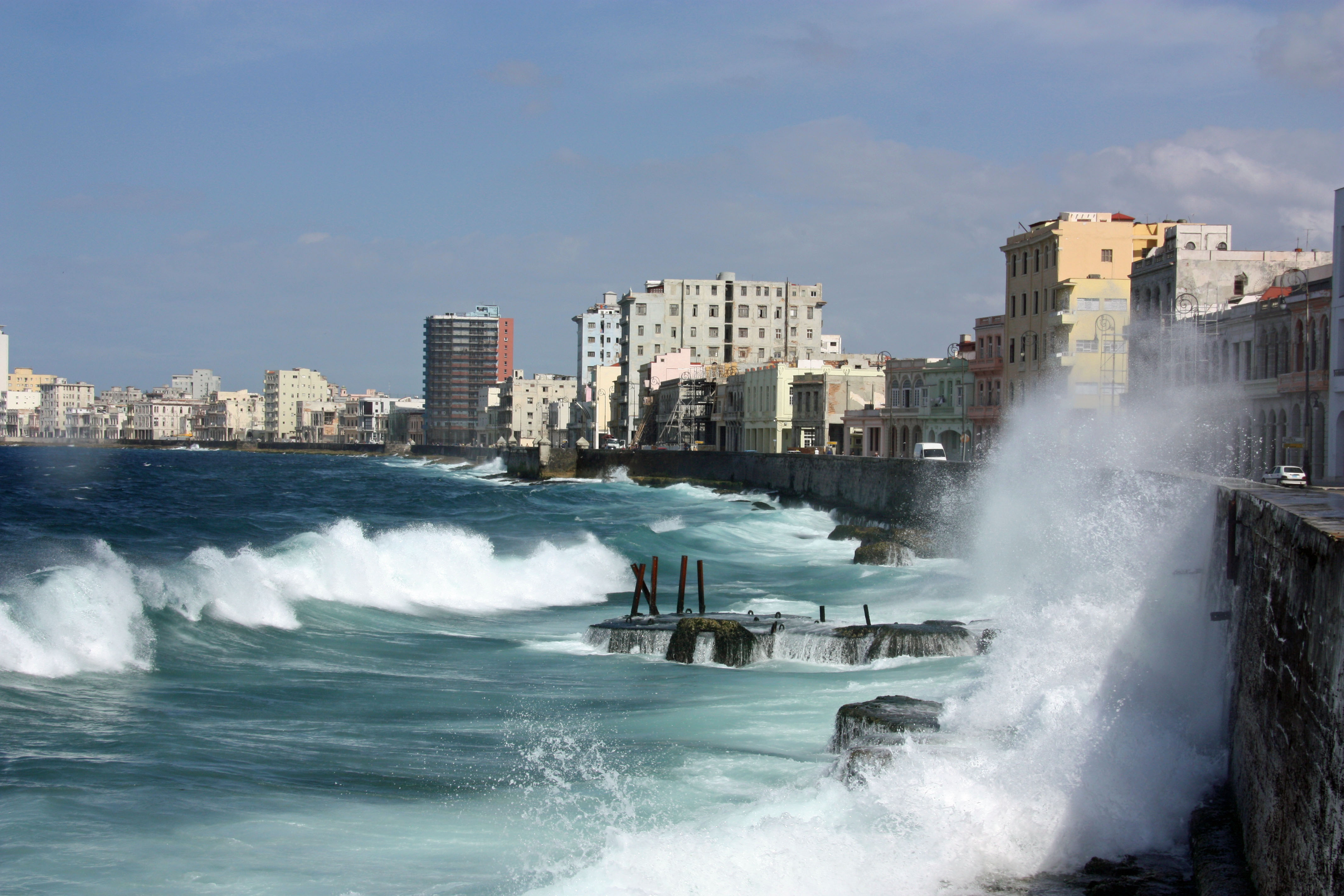It’s always been difficult for me to reconcile my Cuban ancestry with my American upbringing. My skin is white, unlike that of my grandparents who spent their youth running around Havana sans-sunscreen. I am generally soft-spoken. I don’t have the same chispa, quickness on my feet, as my relatives. I speak Spanish and dance to Celia Cruz, but my Cuban heritage was unspoken for so long, it was easy to forget my family’s struggles.
Castro’s death brought all that to the surface. People flooded the streets with pots and spoons and flags to celebrate. The most conservative, macho abuelos were crying and singing.
My family, however, didn’t celebrate on Calle Ocho. We didn’t even talk about it. Maybe it’s a continuation of that same mentality from living in Castro’s Cuba years ago: he does what he wants and we have to live with it. His death seemed unreal, his presence still looming in our reaction.
For years, I heard allusions to Fidel – always by his first name, as if he was a long-lost relative. My parents reminded me, whenever my head got too big, what it was like growing up in poverty. My mom still drinks café con leche every morning because that was a staple when rations would run out.
On Friday night I called my grandmother to tell her the news about Castro’s death. She answered the phone, shaken because I was calling so late. She was always a rebel-rouser but asked “Fidel?” in a hushed tone – just in case. And when she watched the procession of his remains, she wept. Not because she grieved his loss, but because she had once hoped this man would save her Cuba, and was reminded of how it all came crumbling down instead.
It’s easy for me to look through my family tree, to see fear carved into faces in old photographs and to hate Castro. I could wave my Cuban flag and yell “¡Cuba Libre!” but there is no such thing – a free Cuba.
I think being Cuban means being able to adapt, rebuild, mourn and then get to work. And that, I do recognize in myself. I am sad for the Cuban people and that some think this will be the end of their suffering. There is so much work to do. Tremendous oppression is still systemic in Cuba.
So I’m at a loss. I should cry tears of joy that he is gone. But I can’t do that until my louder, darker, more clever Cuban brothers and sisters enjoy the same freedoms I do and my grandmother can feel the salty seabreeze of the Malecón again.
Isabella Cueto is a junior majoring in journalism and theater arts.
Feature image courtesy Flickr user neiljs







